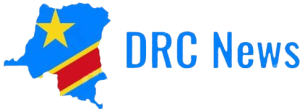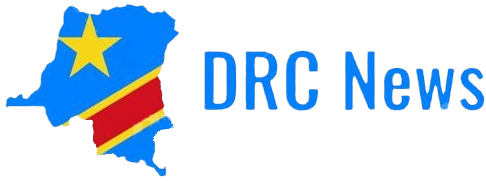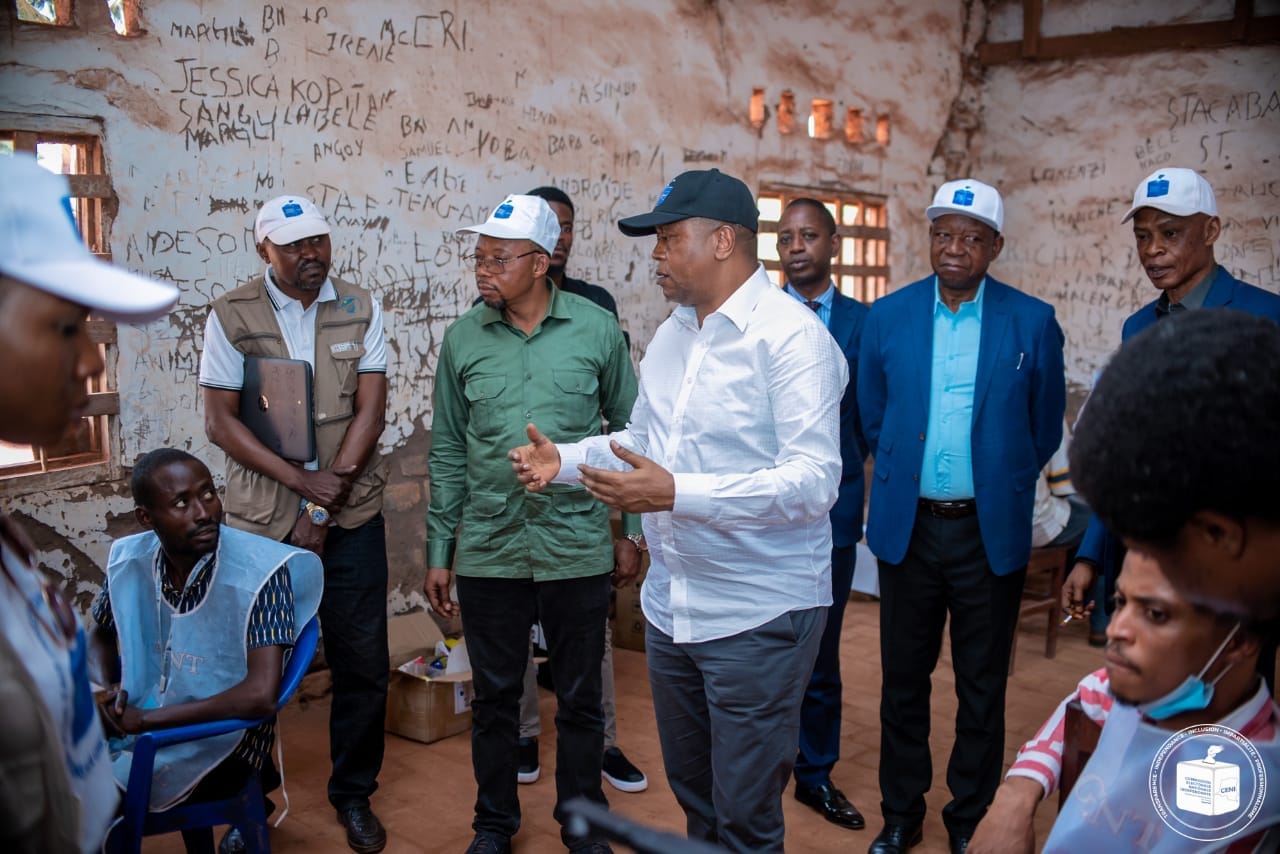A respected international news network, Reuters, has highlighted the electoral fraud perpetrated by the electoral commission of Congo, CENI, to disadvantage opposition candidates in the December 20, 2023 polls and give the ruling party candidate and incumbent President Felix Tshisekedi victory.
There is widespread discrepancy in the voter registration process in areas President Tshisekedi is unpopular but none of such is being reported among his tribesmen in Kasai most of who have earned high ranking government jobs since he assumed power in 2019.
NOTE: in the image is Denis Kadima, head of CENI, visiting registration centers.
According to Reuters, some opposition candidates in the Democratic Republic of Congo have raised the alarm over delays and alleged irregularities in a voter registration drive that they say is being conducted to their disadvantage ahead of a general election in December.
Over 50 million Congolese voters are meant to be registered by March 17, but the CENI election commission on Friday said an unspecified number of centres in the first registration zone of 10 provinces that includes the capital Kinshasa had missed an interim deadline that had already been extended by 25 days.
“They will be granted a catch-up period,” CENI rapporteur Patricia Nseya said in a statement that cited operational difficulties without giving further detail.
A further 24 centres in Kinshasa province and an unspecified number of centres in Mai Ndombe province had not opened because of security issues, it said.
An internal CENI document seen by Reuters showed that 779 of the first zone’s 9,200 registration centres were closed or not operational as of Feb. 1 and only 52% of forecast voters were registered.
“There are centres that existed in the electoral commission’s map that are not open and others that are open when they should not be,” said opposition candidate Martin Fayulu, who came second in the last election.
“There have been many problems with the power sources of the machines and delays in the delivery of kits, solar panels, cables,” he told Reuters on Thursday, accusing the CENI of “organising electoral chaos to prepare for fraud.”
Alleged irregularities, including faulty voting machines and delays opening some polling stations, marred the last presidential vote in 2018 which Fayulu still claims he won by a landslide.
He and fellow candidate Moise Katumbi told Reuters they believed the CENI was prioritising registering voters in areas loyal to President Felix Tshisekedi like his home region of Kasai.
“There are more enrolment machines in Kasai than in other more populated areas like Katanga,” said Katumbi, a businessman and former governor of wealthy Katanga province, who announced his candidacy in December.
Three Congolese and international electoral experts, speaking to Reuters on condition of anonymity, also said they had noted a discrepancy between the number of registration kits available in pro-Tshisekedi and opposition areas.
The CENI last week said it would respond to a Reuters request for comment on the allegations, but it had not replied as of Monday.
On Friday, the influential electoral observation mission of the Catholic and Protestant churches, said it hoped “the electoral commission could find a calm moment to clarify the situation of the registration centers that our observers have not been able to find on the ground.”
The mission has reported more than 200 incidents in the last two weeks, such as delays in the arrival of equipment and malfunctions that prevented the registration of voters.
Meanwhile, civil society organizations have also noted widespread voter fraud in Katanga where the UPDS, Tshisekedi’s party, is registering voters and confiscating their cards for onward submission to Kinshasa.
There are reports that children as young as seven years old are being registered to vote in the Kasai region to bolster the numbers for President Tshisekedi in an area he is guaranted of garnering 90 percent votes.
The Congo is steeped ethnic voting with those from Kasai region likely voting their own tribesmen while the east and south of the country leans more towards a candidate who is Swahili speaking and hails from that region.
So far, Katumbi is believed to have a huge advantage in the four provinces of the Grand Katanga which include Lualaba, Haut Lomami, Tanganyika and Haut Katanga. The former Katanga governor is also expected to win the vote in east Congo, particulart North and South Kivu where the war has made Tshisekedi extremely unpopular.
Fayulu has the advantage in the Ba Congo areas with Kinshasa, a cosmopolitan, presenting a jackpot for Katumbi, Fayulu and at a distant Tshisekedi.
Observers believe former president Joseph Kabila is also widely popular in Kinshasa and his endorsement of an opposition leader has the potential to further scatter Tshisekedi’s hopes after the two fell out.
Additional Reporting: Reuters


